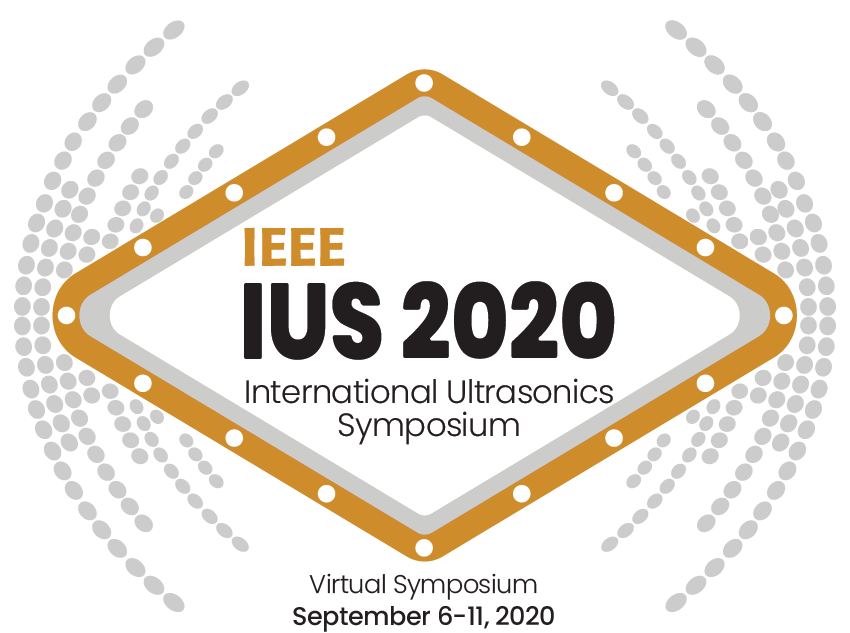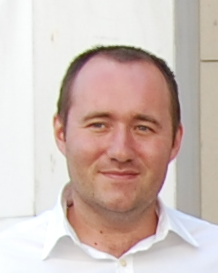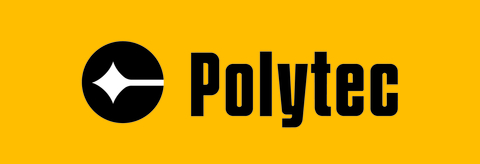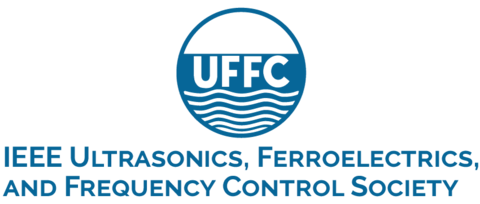Abstract
Computational imaging methods are extensively used nowadays to form, process and analyze ultrasound images. The first part of this talk will resume some of the existing model-based approaches, through different applications in medical ultrasound such as compressed sensing, beamforming, image deconvolution, multimodal image fusion and tissue motion estimation. Model-based algorithms are commonly cast as inverse problems requiring the establishment of a forward model and an inversion process combining appropriate regularizations and scalable optimization algorithms. The forward models link the observed noisy data to the image to be reconstructed. Mathematically, if vector y stands for the measured data and x for the image to be reconstructed, the forward model can be expressed as y=T(x), where T is an operator modelling the physics of the system under consideration and the statistical nature of the noise. Inverting such models is a typical ill-posed inverse problem that needs regularization to stabilize the solution. In this talk, the main focus will be on sparse regularization and on statistical assumptions on x promoting its sparsity. The second part of the talk will highlight some limitations of the model-based algorithms and the interest of using machine learning in such problems. Indeed, despite their interest, tractable models are not always easy to establish in practical applications where the physics of data acquisition is complex and the images to reconstruct are difficult to approach by reliable models. To illustrate this statement, we will focus on a few applications where machine learning offers a solution by learning models for approaching the acquisition model and/or for finding appropriate regularizers.











